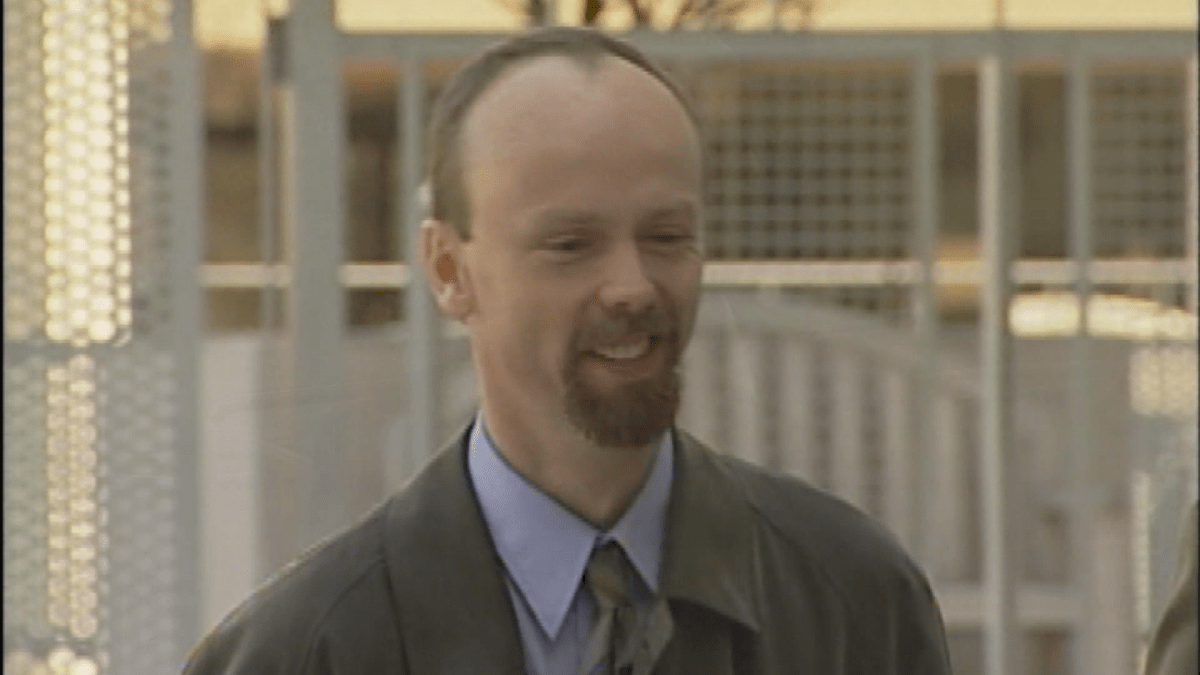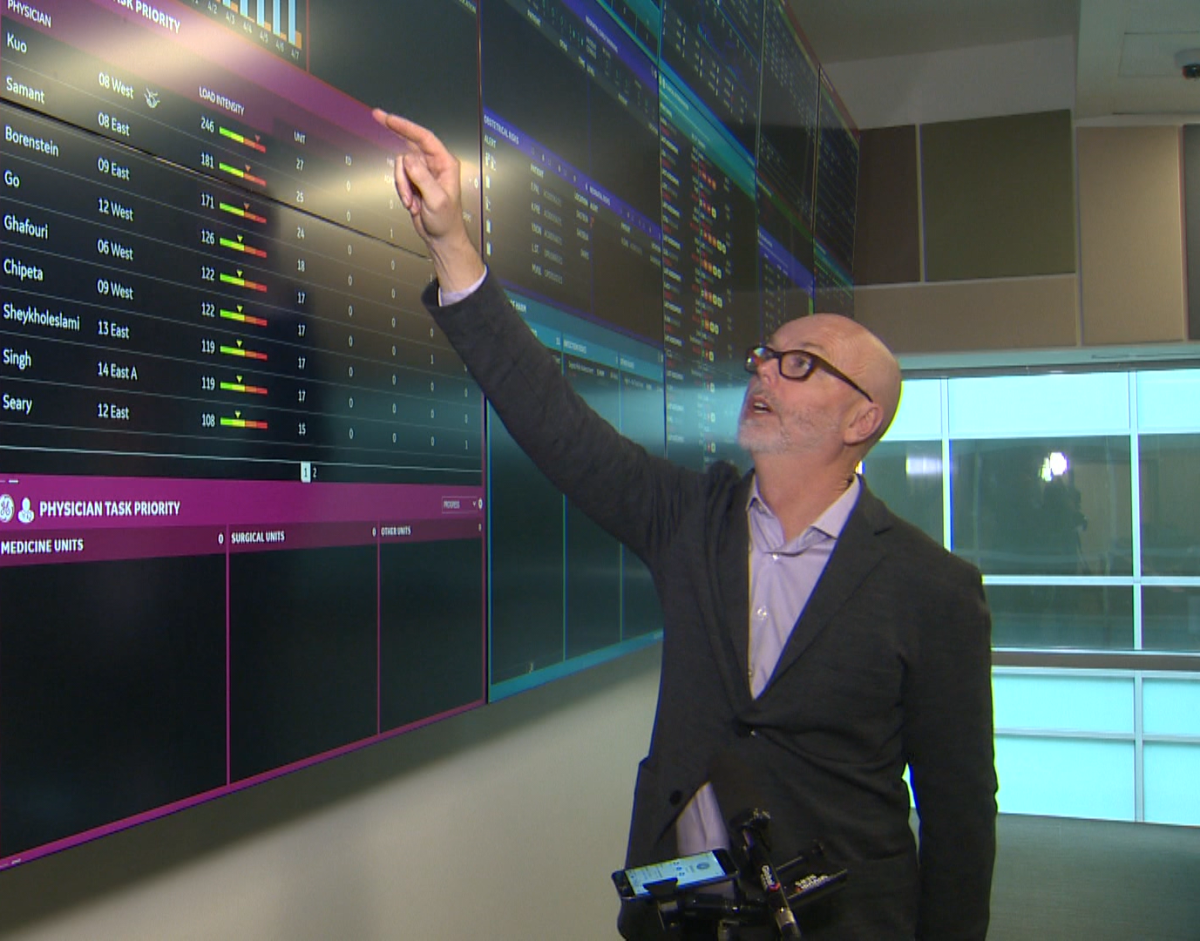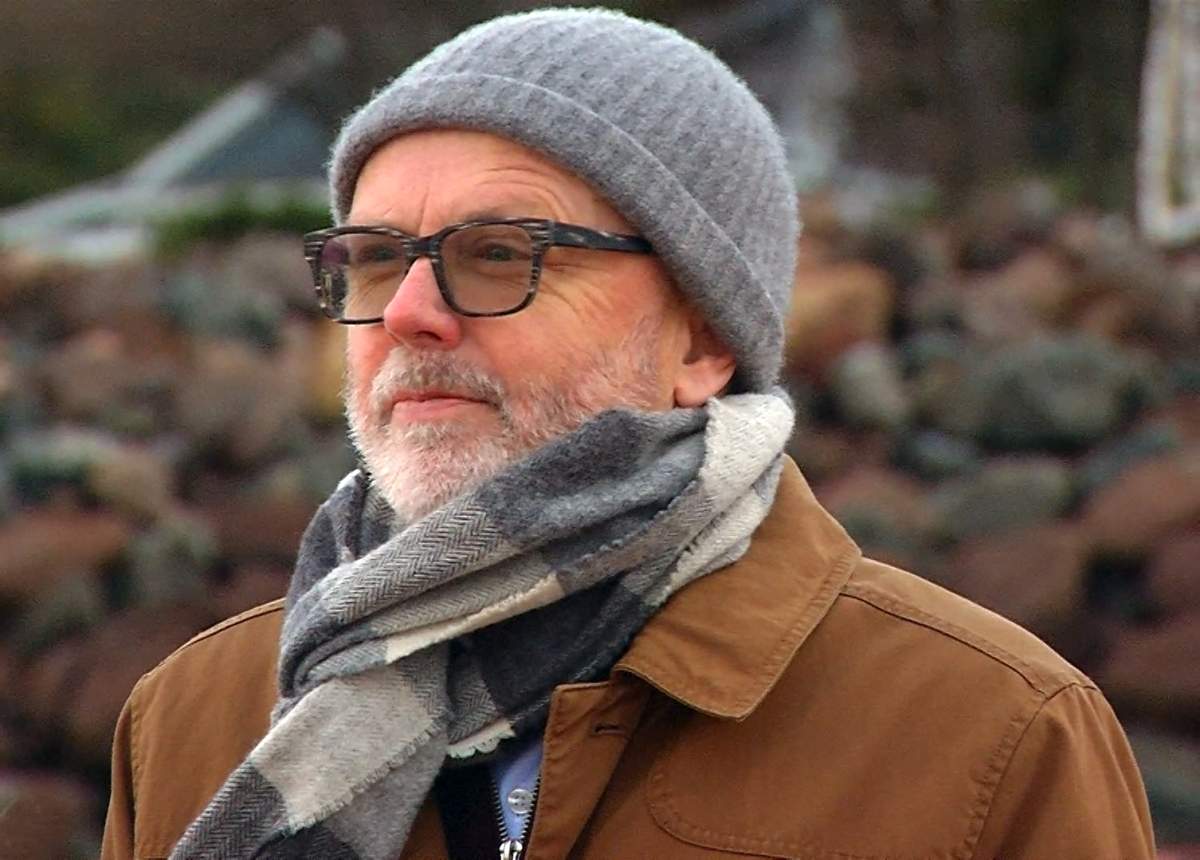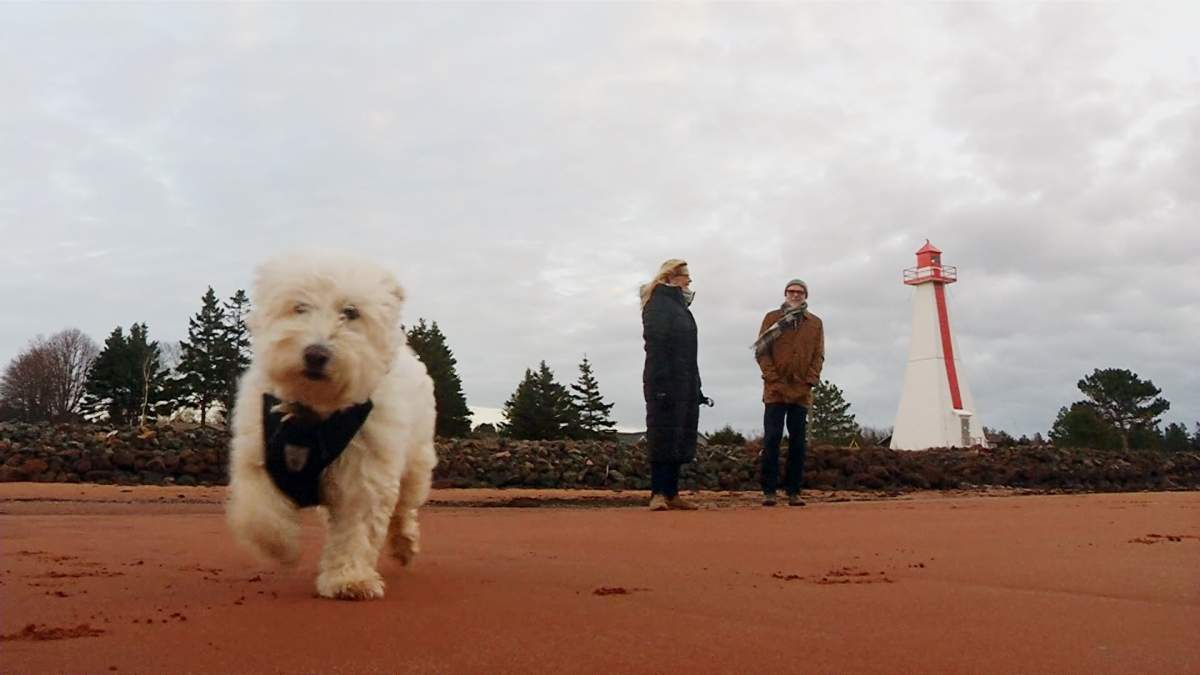Dr. Michael Gardam is no stranger to the pressures of a public health emergency. The infectious diseases specialist was on the front lines of the SARS outbreak in 2003, the H1N1 pandemic in 2009 and Canada’s response to the Ebola epidemic in 2014.

But in the COVID-19 pandemic, while fighting to save lives, Gardam nearly lost his own.
“There’s been a lot of attention paid to the plight of the health-care worker. And, as a health-care worker, that is a very real thing,” he said.
For many Canadians, Dr. Gardam is a household name. He’s held a number of senior leadership roles at Canadian health networks and universities, penned more than 100 scientific publications and given countless media interviews, consistently providing calm and measured public health advice in moments of extreme stress.
“There is so much fear. And when you’re the person who is advising on what to do, and you’re in all those meetings, and you’re speaking to people in the media and you’re getting hit with these waves of fear, that is exhausting.”
During the first wave of the pandemic last spring, Gardam was Chief of Staff at Humber River Hospital, located in one of Toronto’s hardest-hit neighbourhoods. During its peak, the hospital’s 48-bed Intensive Care Unit reached capacity and patients had to be moved to other hospitals nearby.
“Each day brings a new potential COVID outbreak you have to deal with,” Gardam said. “It does wear on you, because it never goes away.”
During a hospital shift in May, Gardam suddenly felt a pain in his chest. “As a physician, you spend your first 10 minutes running through a list of things that this could be in your head, and then thinking, ‘this can’t possibly be cardiac.'”
But as he stumbled into the emergency ward, he realised that’s exactly what it was. Gardam was having a heart attack. The blockage, in his proximal left anterior descending artery, was about half a centimetre away from what is morbidly nicknamed the ‘Widowmaker.’ According to the American Heart Association, the survival rate following a Widowmaker heart attack is just 12 per cent when it occurs outside of a hospital.
“Talk about access to health care; I had a heart attack in the hospital. They treated me extremely quickly,” he said. A day earlier, Gardam had been working at his farm in rural Prince Edward County. “If it would have happened the day before, I wouldn’t be here.”

Get breaking National news
“The level of chronic stress and anxiety, which I think was compounded with the pandemic — that was a major wake-up call for me. And I felt at that point I needed to change gears in what I was doing.”
Now seven months later, Gardam, a former marathoner, has made a full recovery and a life change. In October, he, his partner and their two dogs packed-up and moved out of Toronto to the oceanside on Prince Edward Island.
He’s still working full-time but, like many others, he’s doing more of that work remotely. And, at 56, he has no interest in retiring. “I can contribute a lot. And in fact, over the next five years of my career, I’m going to contribute more than I ever have. But I can do that in an environment where a lot of these day-to-day life stressors don’t exist.”
Gardam’s case underscores the intense and relentless pressures facing front-line health workers, in a pandemic that started 10 months ago as a sprint and has become a marathon.
Dr. Tasleem Nimjee is an ER physician in charge of pandemic response at Humber River Hospital. In the early days of the pandemic, she was worried about herself and her staff becoming infected and bringing the virus home to their families. But these days, staff are worrying less about infection than exhaustion.
“I would be lying if I said I wasn’t tired, especially now as things have really accelerated with wave two,” she said.
The start of the second wave saw mostly younger patients, in their 20s and 30s. But Nimjee says those demographics are changing before her eyes, including a growing number of middle-aged patients in their 40s and 50s.
“This was a matter of time for it to shift into that older population,” she said. “And we are seeing people who are younger that are getting quite sick as well. And that’s always really hard; hard for them, hard for their families and hard for our staff to see.”
Doctors point to the case of Delroy Noble. The 29-year-old from Toronto spent two months in a coma and on a ventilator. He then endured two months of physical rehabilitation and still relies on a walker now, eight months since he first became sick.
“I was even joking around with some of my friends at my age at work (back in March),” Delroy recalled. “I said, you know, I wouldn’t mind catching COVID because I’d have a story to tell. And, you know, we’re young, we will be fine.”
“It was very gruelling to go from being almost a vegetable to being able to be back to somewhat functioning in society. I wouldn’t wish that on anyone.”
Nimjee and Gardam said their fatigue is compounded by frustrations with members of the public who are still not taking the pandemic seriously. “We all want to get on with our lives, but we can’t let go of what we’re doing or it’ll just get really bad really quickly,” Gardam said.
“I know that there’s been some pushback about using war analogies, but the way I look at it is that it’s kind of like we’re in 1944 right now. You sort of think that you can see an end to this, but it’s not going to happen tomorrow and we’ve got months of slog to get there. And you can’t stop.
“If you stop, you’re going to lose all of the things that you’ve fought so hard to win.”
See this and other original stories about our world on The New Reality airing Saturday nights on Global TV, and online.

















Comments
Want to discuss? Please read our Commenting Policy first.